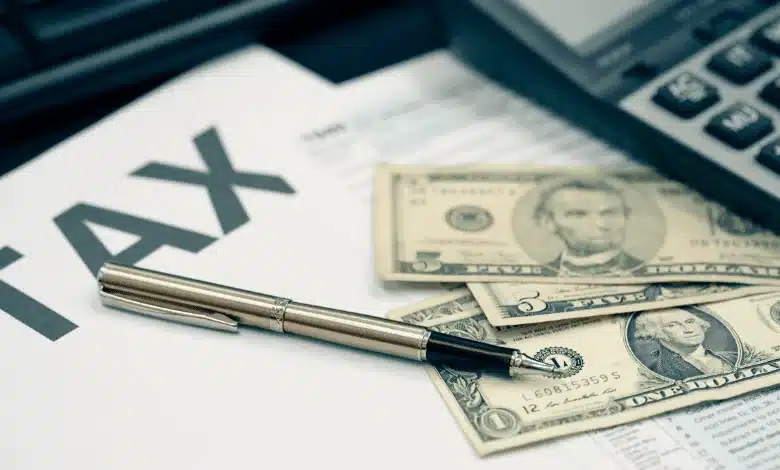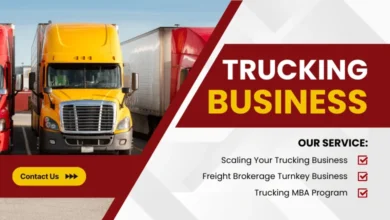
There are few things that are as confusing as filing small business taxes. It’s no wonder since the tax code is thousands of pages long.
You to have a little bit more time to get your federal taxes done this year, with Tax Day being on May 17 this year.
This can be a relief for business owners filing federal taxes for the first time. You can use that time wisely to learn how to file your federal taxes.
Keep reading this guide so you can get through your first tax season in business.
What Forms Do You Need?
What do you need to file small business taxes? It depends on your business structure. For sole-proprietors and single-member LLCs, you need to file Form 1040 for your personal income tax return. That is accompanied by Form Schedule C, which lists your business income and expenses.
For other forms of business, you need to file your business returns and your personal income tax returns separately.
Get Your Documentation Together
Once you know which forms you need to file, you have to figure out all of your income during the year. Hopefully, you’ve been using bookkeeping software that categorizes your income and expenses for you.
In that case, it’s easy to pull up a report with your total earned income. You can and should reconcile this against your banking statements to ensure you report all of your income.
For your expenses, you need to track the amount spent and for what. You do need to have a receipt for every business expense. If you get audited by the IRS, your bank statements won’t be enough to prove it’s a business expense.
Taking Your Deductions
One of the best things about being in business is that you can take a host of business deductions to lower your tax bill.
Virtually any business-related expense is deductible. Advertising, business books, office supplies, networking equipment, and equipment for remote work are deductible.
There are other business deductions that few business owners take. The home office business deduction is one of them.
If you work from home and use a space in your home exclusively for business, you can deduct the percentage of your expenses that you pay for the space.
Here’s how it works. If you have a 1000 square foot space and use 100 square feet for business, then you can deduct 10% of your mortgage/rent payments and utilities from your taxes.
Don’t forget to take the 20% pass-through deduction on your taxes. You can deduct as much as 20% of your net income from your taxes. This started with the Tax Cuts and Jobs Act of 2017. It’s supposed to expire in 2025.
COVID-19 Tax Changes
In response to the COVID-19 pandemic, Congress enacted several laws to help small business owners weather economic shutdowns and business losses.
Many of these laws will have some impact on your federal tax return. For example, if you received a loan advance through the SBA’s Economic Disaster Loan program, the IRS initially said that is taxable income.
The agency also said that forgiven PPP loans would prohibit you from claiming deductions for expenses that you used the loan for.
Those things were overturned at the end of 2020. Be aware that there are still some states that consider forgiven PPP loans to be taxable income. You should check with your state to see if you have to pay state taxes on the amount of the forgiven loan.
There are also new tax credits for small businesses if you retained employees. There are several others that your business may qualify for.
Should You Outsource Your Federal Tax Return?
As you dig in and learn about federal taxes, you might wonder if you’re better off outsourcing to a tax service company.
If you’re unfamiliar with small business taxes and the deductions you can take, you should outsource. Small businesses are usually scrutinized a little more than individual taxpayers.
That’s because there are times when business owners don’t report all of their income or claim deductions that they shouldn’t.
Having someone else prepare your taxes for you gives you a little bit more security. Most tax preparers will help you prepare for an audit or represent you for a reduced fee if they did your returns.
Another consideration is the complexity of your tax return. If you have a corporation, business partners, or several businesses, you’re better off outsourcing.
That doesn’t mean that you can claim ignorance if you hire someone to help you. You should learn as much as you can about small business taxes and federal taxes. You are ultimately responsible for any issues.
Pay Estimated Federal Taxes
When do you need to pay estimated taxes? If you expect to owe more than $1000 in taxes, then you need to pay quarterly estimated taxes.
You may have more time to file your tax return, but you have to still pay your estimated taxes by April 15.
How much should you pay in estimated taxes? One method for figuring it out is to take your total tax bill and divide it by four. You’ll need to adjust it if you earn more or less during the year.
The Mystery of Small Business Federal Taxes
How can you make sure that you file your federal taxes the right way? You can hire a professional tax company with experience in small business taxes.
Make sure that you keep excellent records throughout the year and report all of the deductions you’re entitled to. As a small business owner, you can reduce your federal taxes by a lot.
Need more business advice? Be sure to read the business articles on this site!






